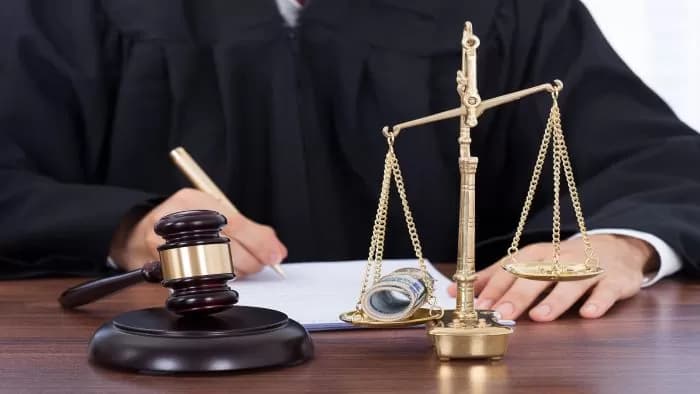Asset blocking can be an unexpected and unpleasant surprise for individuals and companies. It involves temporary or permanent deprivation of the opportunity to use one’s funds or property. The reasons for such blockings can vary: from legal disputes to international sanctions. Let’s look at what reasons are the basis for blocking funds, how to solve this problem and gain access to blocked assets.
Common Types of Blocked Assets
Bank accounts and financial assets such as deposits, investments and shares are often blocked. In addition, restrictions may affect real estate – houses, land and commercial buildings. In recent years, asset freezes have also begun to affect digital assets, including cryptocurrency, especially in cases of suspected illegal transactions. It is also possible to freeze corporate assets and company property, such as production facilities and vehicles.
Reasons for Blocking Assets
Blocking assets is a legal measure used to restrict access to funds or resources, often in cases involving sanctions, criminal investigations, or legal disputes. Governments and organizations impose asset freezes to prevent illegal activities, enforce compliance, or apply political pressure.
International sanctions target entities linked to terrorism, human rights violations, or illicit activities. Legal proceedings secure assets for creditors or judgments, while investigations block illicit funds. Political motives may also drive asset freezes to enforce compliance or influence behavior.

This tool ensures financial security, supports law enforcement, and maintains international stability.
By freezing assets, authorities can prevent their misuse, safeguard financial systems, and ensure resources remain available for legitimate purposes. However, the application of asset blocking requires strict oversight to avoid unintended consequences, such as harming innocent parties or disrupting economic activities.
Effective asset freezing relies on clear legal frameworks and international cooperation. Governments, organizations, and financial institutions must work together to enforce these measures while respecting legal rights and minimizing collateral damage. Asset blocking remains a critical tool in addressing global challenges and maintaining the integrity of legal and financial systems.
Government Sanctions and International Regulations
International sanctions imposed by governments or organizations such as the UN or the European Union often cause assets to be frozen. Sanctions can be imposed on specific countries, companies or individuals and include asset freezes, trade or financial bans. For example, asset freezing may apply to individuals suspected of money laundering or human rights violations. This is done to prevent illegal activities and protect international stability.
Legal Disputes and Court Orders
Another common reason for asset blocking is litigation. The court may decide to freeze assets to enforce the judgment.
Such measures are often used in cases of corporate disputes, divorce proceedings or property disputes. A court freezing order ensures that the parties cannot withdraw funds until the trial is completed and a final judgment is made.
Impact of Asset Blocking on Individuals and Businesses
For individuals, asset freezes may result in the inability to pay loans, bills, or meet other financial obligations. This creates significant difficulties and can affect quality of life. For businesses, the consequences could be even more devastating. Companies may lose access to necessary resources to continue their operations. This entails loss of customers, decreased revenue and, in some cases, complete cessation of business. In the long run, this can also damage the company’s reputation and cause distrust among partners.
Steps to Address Blocked Assets Issues
If your assets have been blocked, the first step should be to find out the reason for the blocking. Contact the bank or authority that initiated the freeze for clarification. It is important to collect all the necessary documents confirming the origin and legality of your assets. Seek help from a qualified OFAC lawyer who can assess the situation and suggest possible solutions.
In addition, it is often necessary to file an appeal or go to court to unlock assets. Legal support will help you fill out requests correctly and speed up the process of restoring access to your funds. It is important to remember that timely actions and competent representation of interests can significantly increase the chances of successfully resolving the problem.
Asset blocking is a serious challenge, but understanding the causes, consequences and possible solutions helps to minimize risks and quickly regain control of your funds and property.
